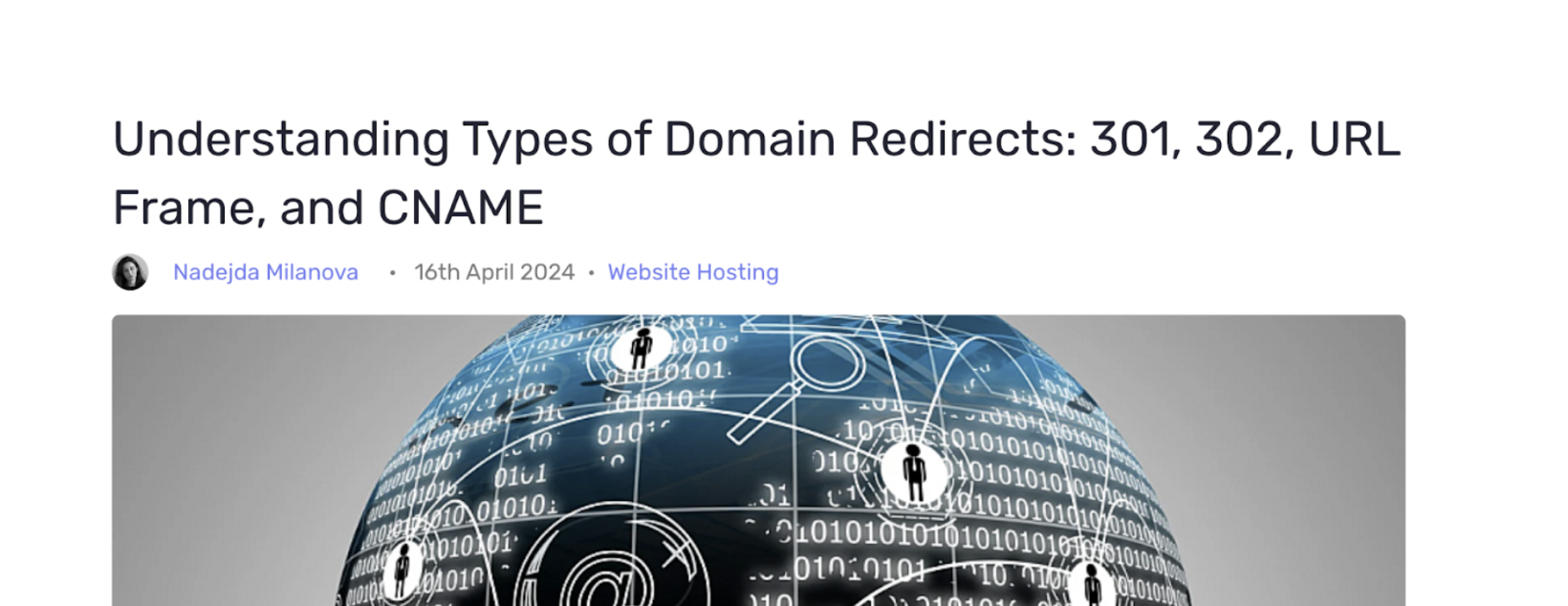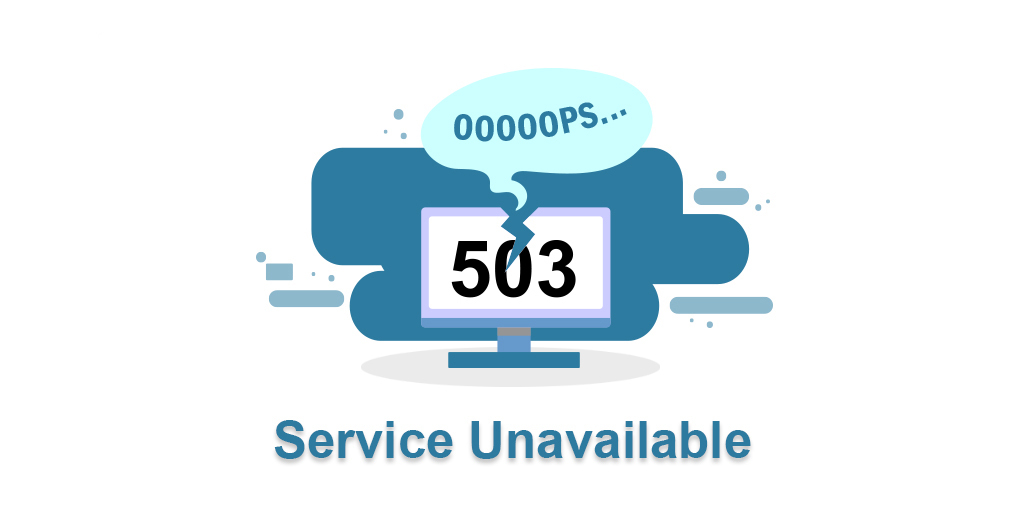When it comes to your business, the headline is crucial, whether you choose to write your page title first or save the best for last.
Over 50% of shoppers make use of Google to locate or search for new brands. By searching online, your audience is also trying to find what they're looking for. Let's examine the impact of page titles on SEO.
Many experts believe that the on-page SEO is heavily influenced by the page title.
What is the purpose of a Page Title in SEO?
While some sources use the page title tag interchangeably with the title tag, others suggest that the page title tag can be used to describe the H1 on a website page. The title tag and page Title are not always distinct.
Firstly, let's use the terms we're using.
A title tag will likely be present in the search engine results pages (SERPs) and also in the browser tab.

If your main objective is to boost CTR, this is a valuable resource for learning how to optimize your title tags.
H1 is typically the most prominent and significant HTML heading on a web page. Typically, the page title is displayed on the page and indicates it using H1 style coding.

Your website title may indicate either the H1 or the title tag, depending on where you publish your content. Examples of additional phrases that can be employed instead of a page title are: - Title: Browser. - Search engine optimization (SEO) title - A blog title
What is the Best Way To Write a Title Tag for SEO?
Now that we've explained the importance of SEO titles, let`s discuss what's the best way to create an SEO title that attracts more clicks.
1. Use Primary Keywords
Keywords that are most relevant to your topic. Make sure that they are included in your SEO title tag. You can reach your target audience and ensure that your message is getting across.
2. Try Longtail Keywords
Longtail keywords, like primary keywords, can help target a larger audience and increase the click-through rate. In general, long tail keywords are more descriptive than your main keyword. A post about “Best apples for baking” could be enhanced with a longtail keyword, such as “best apples for baking pies.” This method can help you rank in a niche area, improve your CTR, and get your title noticed by Google.
3. Be mindful of SEO Title Length
According to Google, all SEO titles have a minimum cutoff based on pixel length. A rule of thumb is to stick with a maximum length of 50-60 characters when creating SEO titles. While this will not directly impact your site's ranking, it will affect CTRs and a viewer's ability to understand the content.
4. Include the concept of Branding in your approach
Mentioning your brand repeatedly will increase engagement and lead to more clicks on this page, even if they did not click on another relevant article.
5. Power up your vocabulary
Powerful words such as inspiration, amazing, outstanding, and others are used to drive emotion. Make sure to include at least one power word in your SEO title tag to attract attention and make it stand out.

Are Page Titles good for SEO?
Even if page titles are not on the SERPs, why is it still necessary to include them in SEO? A good page title can enhance SEO and user experience by being prominent on the page.
The page title is positioned at the top of the post. This can help your reader understand the content of their post and encourage them to read the entire article.
The page title can entice readers without having to compete with ads, snippets, or featured images as effectively as the title tag. There are several other reasons why your page title is important in search engine optimization.
1. To make it easier for users and search engines to understand what your page is about, you need to use page titles.
The Search Engine Journal reports that Google uses the page title to determine the content and structure of the page. This is directly related to page rank.
Search engines consider your web page title as a measure of search intent. For instance, it can answer the user's question with more detail.
2. They help users feel more confident that they have found what they were looking for.
The page content is conveyed through title tags to users, but this tag does not appear on the page itself. Therefore the page title indicates that they are in the right place. The outcome is a better user experience for visitors to your website. User experience is considered a ranking factor in Google's guidelines.
3. A page title can verify the content of a page when Google changes its title tag.
Google may not always use the title tag to generate the title that appears in the SERPs, and your page title is a means of communicating with search engines and readers about what they are searching for.
4. Keeping readers engaged and on your page is crucial
Better page titles help reduce bounce rates and increase page loading time. A visitor who quickly finds what they are looking for on your site is more likely to engage with your post and click on other pages, as well as spend more time reading your content.
Even though it isn't a direct ranking indicator, a low bounce rate is crucial for SEO because it shows to Google that your page contains high-quality content.

Best SEO Page Titles: Tips to make them stand out!
1. Specify relevant keywords.
It's not recommended to include keywords in your page titles, but it's still beneficial to include your main keyword. By positioning it near the top, search engines and users can quickly identify what your page is all about.
2. Do it for the end user.
Your writing is intended for the reader, not the search engine. Therefore, your page title should provide something that is useful to the reader. Typically, the information provided helps them to better understand a problem or find a solution. If so, you might also want to elicit their feelings.
3. Try using long sentences
If you're using competitive keywords, a long headline is often the more effective option. Usually, 14-17 word headlines are more effective than short headlines in terms of attracting social shares.
Pages' titles are not subject to the same rigorous character limits that prevent the title tag from being cut off in the SERPs. If you don't want Google to cut out your title, but if you want it to be beneficial for SEO, the optimal length of a page title should be 60-70 characters.
Your page title must be compelling enough to entice the reader, yet brief and easy to understand for both users and search engines.
4. It is important to avoid using repetitive phrases and keywords.
In your page titles, it's important to remember that you shouldn't use different versions of the same keyword phrases. The page title "Toaster, toaster oven, kitchen toaster, college toaster, 8 slice toaster, bagel toaster | Chris' Toaster Emporium" is a poor choice. By using titles like this, you promote poor performance and can often result in the same page titles being used across multiple pages on your website. Also, this doesn't facilitate user comprehension of the content on the page.
5. Don't include your company name at the beginning of any text.
Commonly, your website will already have a good rank for your company name. Make use of the fact that search engines give more importance to the words that start at the beginning of a page title. Construct your titles by using keyword phrases first, then adding a relevant company name.
6. Specify your approach by being specific.
There must be a purpose behind each page on your site. It's effortless to come up with a unique page title for a blog. E-commerce and business sites often repeat. 4. It is important to avoid using repetitive phrases and keywords.
In your page titles, it's important to remember that you shouldn't use different versions of the same keyword phrases. The page title "Toaster, toaster oven, kitchen toaster, college toaster, 8 slice toaster, bagel toaster | Chris' Toaster Emporium" is a poor choice. By using titles like this, you promote poor performance and can often result in the same page titles being used across multiple pages on your website. Also, this doesn't facilitate user comprehension of the content on the page.
7. Be specific.
There must be a purpose behind each page on your site. It's not that hard to come up with a unique page title for a blog. E-commerce and business sites are often repetitive.
Conclusion
The main objective of this article is to prompt you to invest more time in crafting high-quality titles. Optimizing some of your SEO titles after publishing could be worth it. This is especially relevant if you're already ranking well but haven't received many clicks

Nadejda Milanova
An experienced Content creator in the field of Search Engine Optimization (SEO) and WordPress. A true proffesional with a Master's degree focused on journalism.
Read more by Nadejda Milanova




